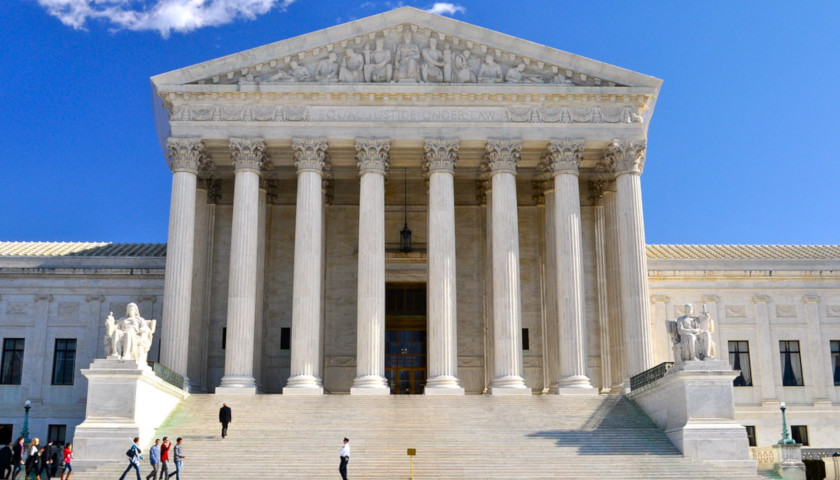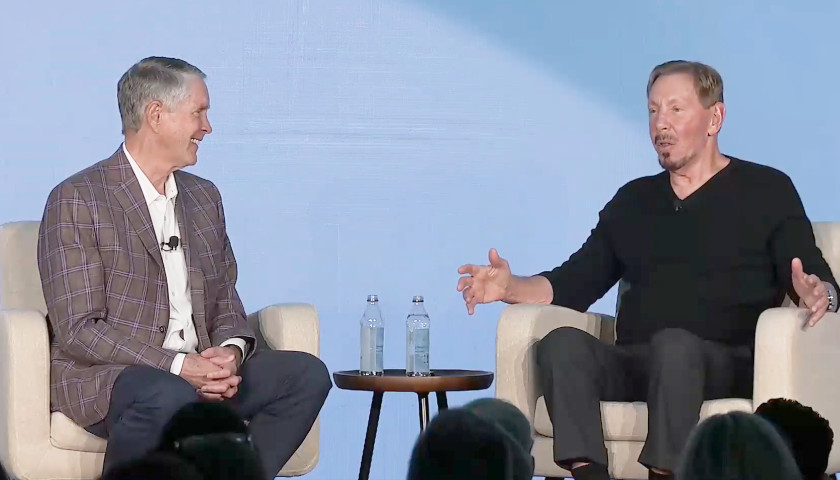by Drew Johnson
With the COVID-19 pandemic, racial justice protests and the looming presidential election dominating the headlines, the upcoming Supreme Court case, Google v. Oracle, has been all but forgotten.
It may seem like an inconsequential lawsuit between two Silicon Valley rivals fighting over a coveted piece of technology. But that analysis is wrong. The case has enormous potential consequences, not just for the two companies in dispute, but for countless Tennesseans and the state’s economy.
That’s because a ruling in favor of Google would absolutely devastate the state’s famous music industry.
Google v. Oracle centers around the two tech firms’ battle over the intellectual property rights to Java. Oracle owns the popular software program. Once Google failed to secure a license with Oracle to use Java in its products, the search engine giant allegedly stole large portions of the copyrighted program’s code. Google then installed that reproduced Java code in Android, the company’s mobile operating system.
In the face of all notions of fairness, common sense and intellectual property law, Google claims it was within its rights to rip off Java code. Now, nearly a decade after the initial lawsuit was filed, the Supreme Court is finally scheduled to hear the case in a matter of weeks.
Ruling against Google is so important for the future of intellectual property that several important music organizations, from Tennessee’s Songwriters Guild to the Recording Industry Association of America, have filed Supreme Court amicus briefs. The briefs argue that Google’s outrageously expansive interpretation of fair use – if applied generally – would cripple the music industry.
“Fair use” is a common defense against copyright claims. The principle of fair use allows certain small portions of copyrighted material to be replicated, often for education or parody. But, to qualify as fair use, previous rulings have consistently established that the replication must be “transformative” in nature. This rule prevents companies from stealing copyrighted material for financial gain and claiming fair use as justification.
The restriction on claims of fair use is particularly important in the music industry, where independent artists and songwriters rely heavily on copyright protections to defend their creations from theft.
Strict, well-defined rules are essential for inventors, designers and artists to function. And yet, Google is essentially arguing that “fair use” should be extended to include large-scale, verbatim replications of copyrighted work.
As the Songwriters Guild’s brief put it, “the more amorphous and unreasonably expansive the analysis and application of the fair use doctrine, the harder it becomes to establish the value of the copyrighted work during licensing negotiations that are the lifeblood of the creative ecosystem.”
Presently, Google’s YouTube video platform already produces one-third of all streams but only 8-percent of all revenue, in part because of the company’s exploitation of fair use. If the Supreme Court sets a precedent that weakens it even further, it is no question that Google and other big corporations will seize on the opportunity to abuse Tennessee’s musicians further.
Google v. Oracle isn’t just a battle between two Silicon Valley behemoths. Rather, the outcome of the lawsuit could bear serious consequences for American copyright law as well as the industries that depend upon it. Tennesseans should be particularly invested in the result of the case. The well-being of their music industry and economy may ultimately be at stake.
– – –
Drew Johnson is the founder of the Tennessee Center for Policy Research and the former national director of Protect Internet Freedom. He currently serves as a senior fellow at the National Center for Public Policy Research, where he researches economic and tech policy issues.








